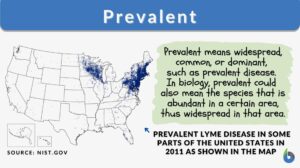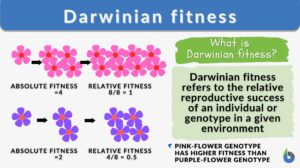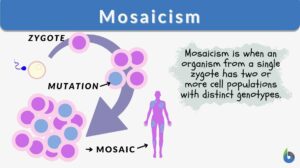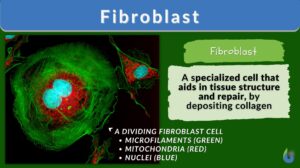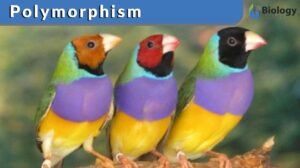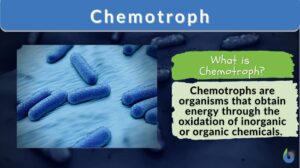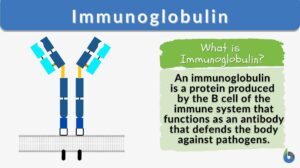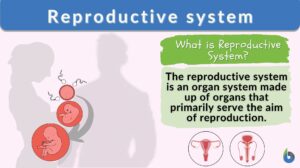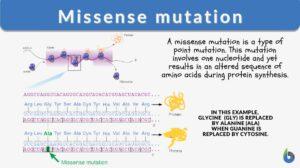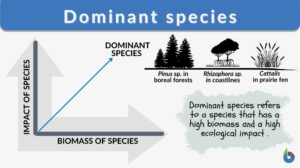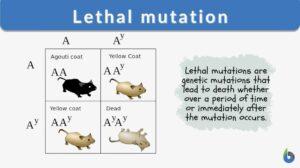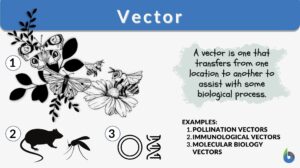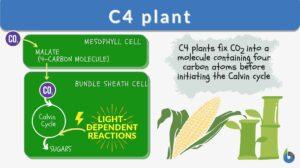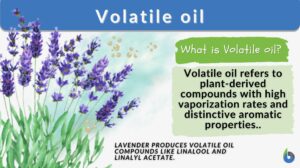Search Results for: prevalent
Darwinian fitness
Darwinian Fitness Definition Darwinian fitness refers to the measure of an individual organism's or genotype's reproductive... Read More
A Look Into Natural Selection and its Mechanisms
Charles Darwin is credited with outlining the fundamentals of evolution. He was a smart and eager pupil and protégé, and... Read More
Adipose tissue
Adipose Tissue Definition Adipose tissue, a specialized variety of connective tissue, is composed of lipid-rich cells known... Read More
Fibroblast
The building block of living things is known as the cell. The cell contributes to many parts and functions of different... Read More
The Psychobiology of Hysteria
EditorialHysteria is often regarded as the archetypal psychodynamic illness. Freud carried out much of his early work on... Read More
Inhibitory postsynaptic potential
Inhibitory Postsynaptic Potential Definition An inhibitory postsynaptic potential is a type of synaptic potential. It is... Read More
Feedback mechanism
Feedback Mechanism Definition What is a feedback mechanism? A feedback mechanism is a physiological regulation system in a... Read More
Facultative anaerobe
Facultative Anaerobe Definition What does facultative anaerobe mean? Facultative organisms are the most adaptable... Read More
Polymorphism
Polymorphism Definition The occurrence of two or more different forms or morphs in the population of a species is referred... Read More
Endosymbiotic theory
A eukaryotic cell is distinct from a prokaryotic cell by the presence of membrane-bound cellular structures called... Read More
Chemotroph
Chemotroph Definition A chemotroph refers to an organism that obtains energy mainly from carbon dioxide and from... Read More
Nervous tissue
Nervous Tissue Definition Nerve cells (or neurons) and their associated cells, such as neuroglia cells, make up nervous... Read More
Yellow fever virus
Definition noun, plural: yellow fever viruses A Flavivirus species containing positive-sense, single-stranded RNA with about... Read More
Dense regular connective tissue
The dense connective tissue is a type of connective tissue proper that consists predominantly of fibers, especially type I... Read More
Pioneer species
You might have come across news of some barren lands turning into luscious grasslands or forests after decades? Or you might... Read More
Immunoglobulin A
Definition noun An immunoglobulin (antibody) that is characterized by its α-heavy chain, and its prevalence in mucous... Read More
Human milk oligosaccharide
Definition noun plural: human milk oligosaccharides An oligosaccharide that occurs in high concentrations and exclusively... Read More
Wuchereria bancrofti
Definition A species of the family Onchocercidae that infects the lymphatic system and causes lymphatic... Read More
Immunoglobulin
Immunoglobulin Definition An immunoglobulin is a globulin molecule produced by the immune cells, for the body's defense... Read More
Reproductive system
What is the Reproductive System? The reproductive system of an organism is the biological system made up of all the... Read More
Missense mutation
What is a missense mutation? Literally speaking, a mutation that changes the meaning of the encoded gene sequence is the... Read More
Law of biogenesis
Law Of Biogenesis Definition Law of Biogenesis states that life arises from pre-existing life, not from nonliving matter.... Read More
Dominant species
Dominance is the state of being supreme or dominant. Community dominance refers to the form of dominance where certain... Read More
Inbreeding
Inbreeding is a type of breeding or mating where closely related individuals with a common ancestor produce progenies with... Read More
Lethal mutation
Lethal Mutation Definition Genetic mutations come from changes in the DNA structure or sequencing in an organism. Often... Read More
Sexual selection
What is Sexual Selection? The definition of sexual selection is very interesting in biological terms. The sexual selection... Read More
Volatile oil
Volatile Oil Definition Volatile oils are aromatic compounds that are characterized by their volatility and inability to... Read More
